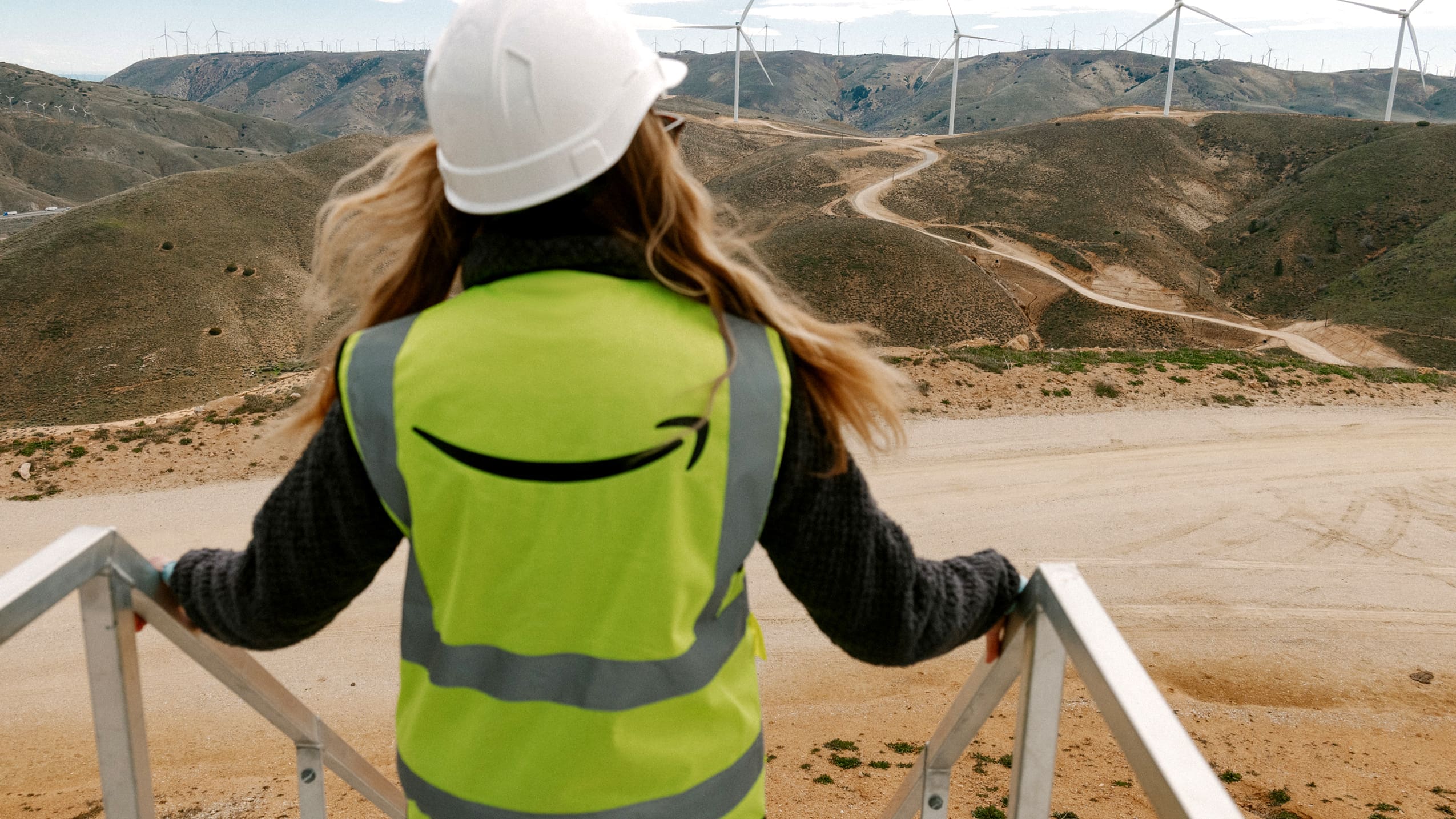According to the UK government, floating offshore wind projects will receive £31.6 million of UK government funding matched by more than £30million in industry funding for the development of offshore wind technologies that will enable turbines to be located in the windiest parts of the UK’s coastline. Funding for the Floating Offshore Wind Demonstration Program competition is part of the £1 billion Net Zero Innovation Portfolio, which aims to accelerate the commercialization of innovative low-carbon technologies, systems, and processes in the power, buildings, and industrial sectors. The government has previously supported innovation in the UK’s floating wind sector through the Net Zero Innovation Portfolio, with £2 million being provided over two years to the offshore renewable energy catapult’s floating offshore wind center of excellence.
The UK government announced 11 successful projects that will each be awarded up to £10 million. In addition to this, industry will match the investment bringing the total to more than £60 million — driving green energy investment and levelling up parts of the country including in Aberdeen, Swansea, and Yorkshire.
The cash boost will further research and development in floating offshore wind with projects across the United Kingdom set to receive funding that will accelerate the deployment of turbines in seas around the United Kingdom. Research will focus on areas such as how turbines are moored to the seabed, undersea cabling, and developing foundation solutions.
The United Kingdom is already home to the world’s largest deployment of offshore wind, however floating turbines, which can be deployed in deeper waters than conventional turbines, will boost energy capacity even further by allowing wind farms to be situated in new areas around the UK coastline where wind strengths are at their highest and most productive.
With global gas prices at record highs, the United Kingdom is determined to strengthen energy security further by deploying home-grown renewable technologies to reduce its dependency on volatile fossil fuels.
“We are already a world leader in offshore wind and floating technology is key to unlocking the full potential of the seas around Britain,” said UK Energy Minister Greg Hands. “These innovative projects will help us expand renewable energy further and faster across the United Kingdom and help to reduce our exposure to volatile global gas prices.”
By stimulating development through the Floating Offshore Wind Demonstration Program, the costs of building and locating floating turbines in deep-water areas will come down faster, growing the UK supply chain and supporting the target in the Prime Minister’s Ten Point Plan of delivering 1 GW of energy through floating offshore wind by 2030.
One such project receiving more than £9.6 million is a collaborative scheme with bases in Edinburgh, Belfast, London, and Doncaster, developing and demonstrating new technologies for mooring floating turbines to the seabed, cable protection, a floating turbine base design and an advanced digital monitoring system.
Another project with bases in Cambridge, Feltham, Aberdeen, and Blyth, will get £10 million for bringing forward a compact floating turbine foundation and anchors that will likely enable a 2 MW, or larger, turbine to be demonstrated in UK waters.
The announcement follows support for floating offshore wind in the fourth allocation round of the Contracts for Difference scheme — the government’s flagship renewable energy auction scheme — where £24 million a year has been ringfenced for this emerging technology. It also follows the announcement by the Prime Minister in October 2021 for £160 million in funding to develop and build new large-scale floating offshore wind ports and factories in the United Kingdom.
“I am delighted that the Floating Offshore Wind Demonstration Program will support new projects in key areas of research and innovation for the ORE sector,” said Director of the Supergen ORE Hub Professor Deborah Greaves. “The new projects are well aligned with the research landscape of the Supergen ORE Hub and demonstrate the great benefit to the sector of academics and industry experts working closely together — utilizing their combined knowledge and expertise — to advance the UK’s net-zero strategy.”

















